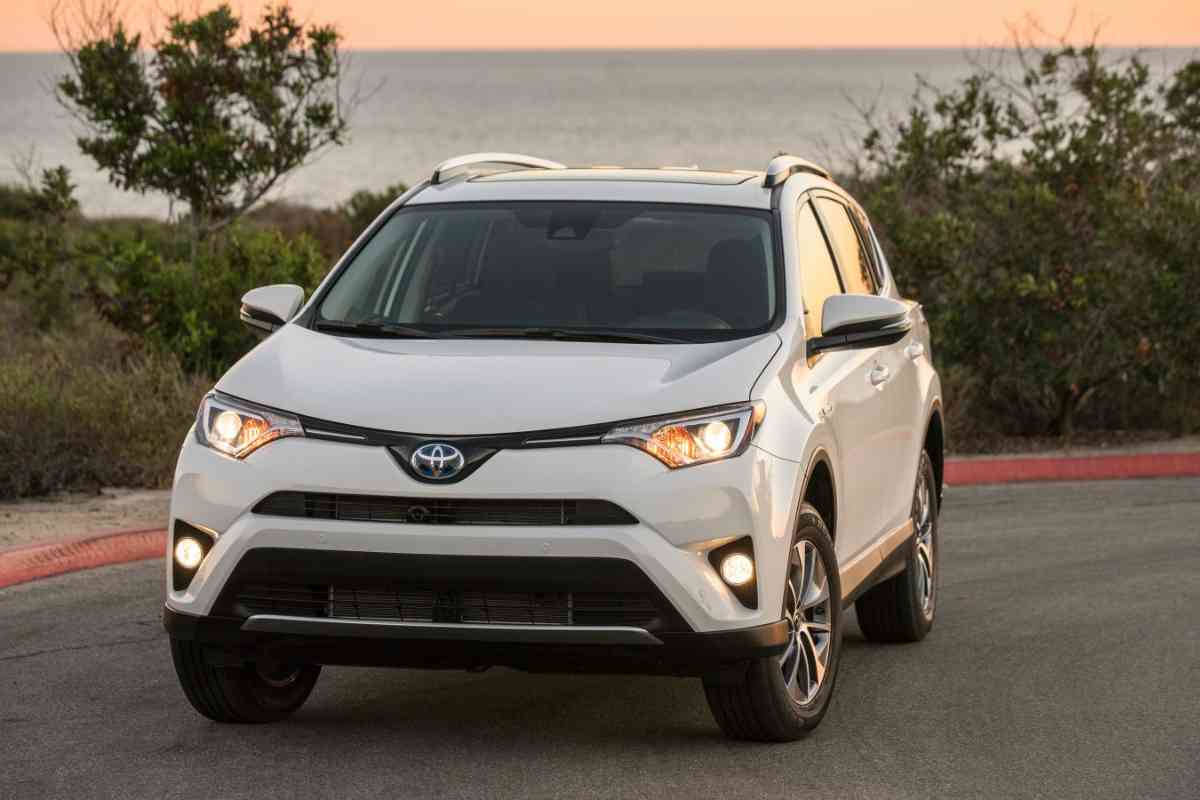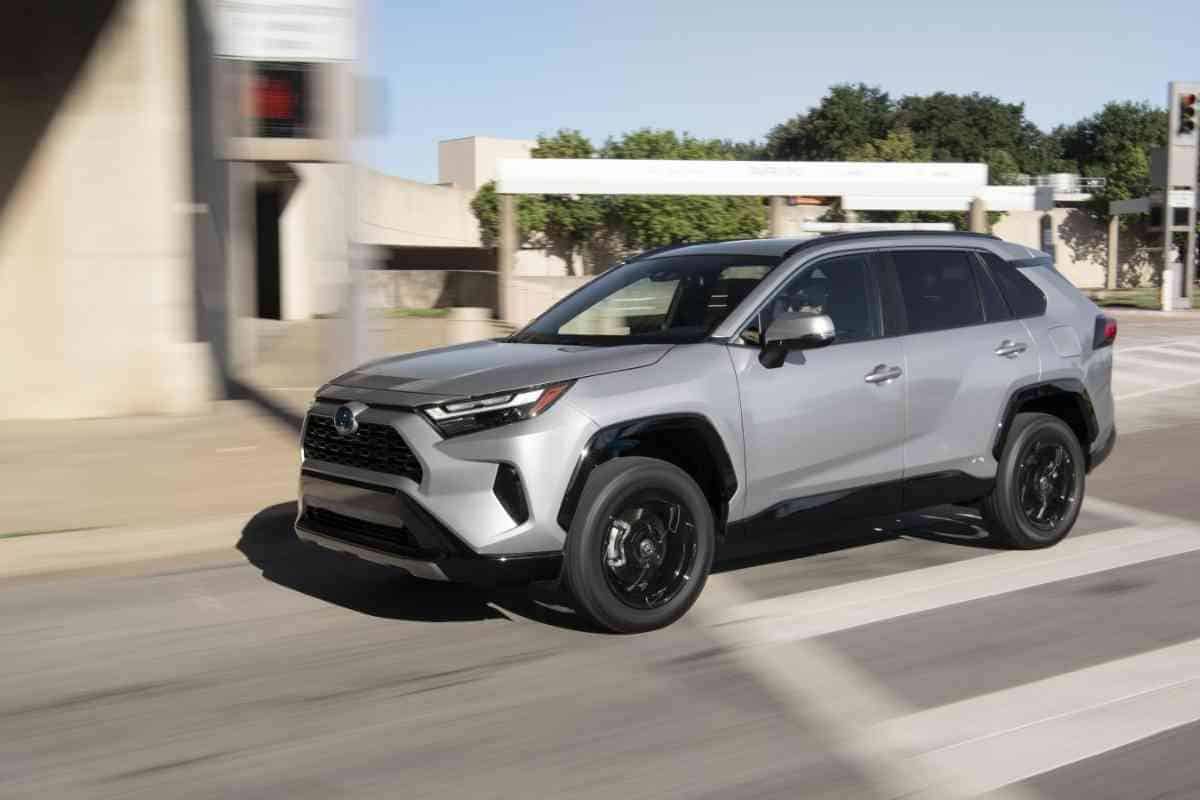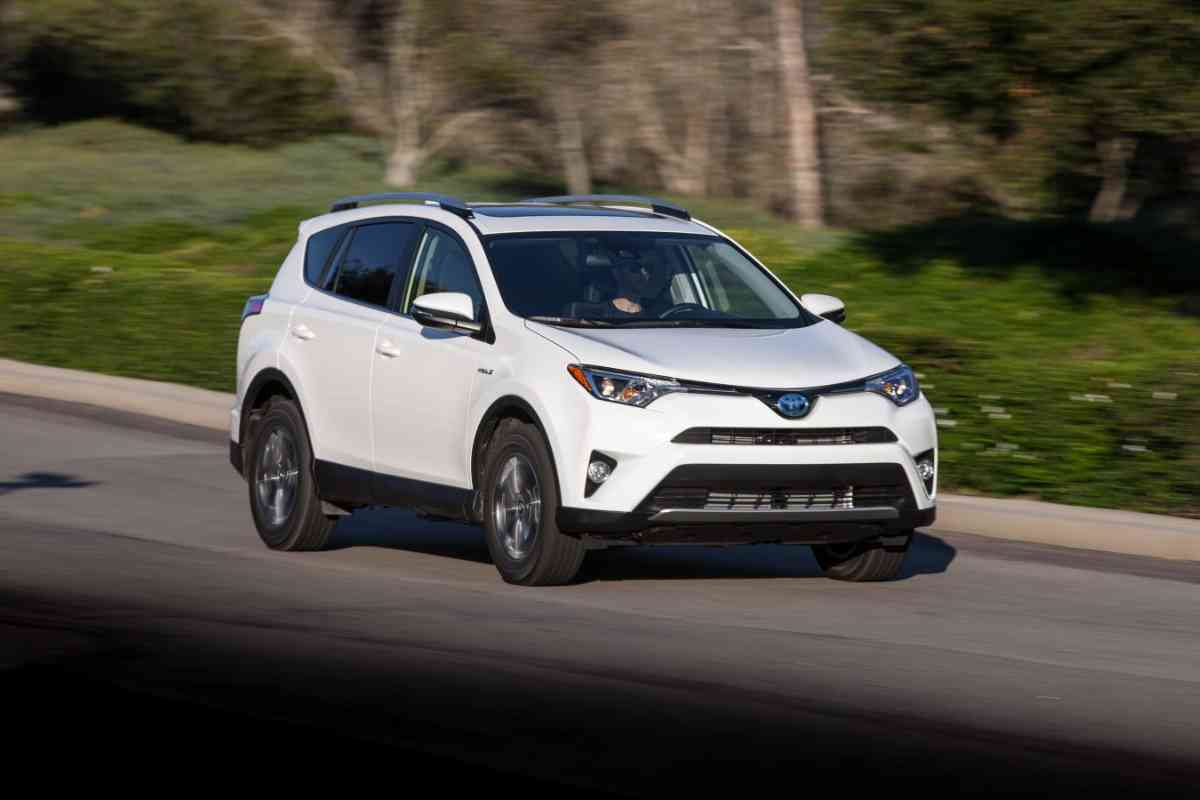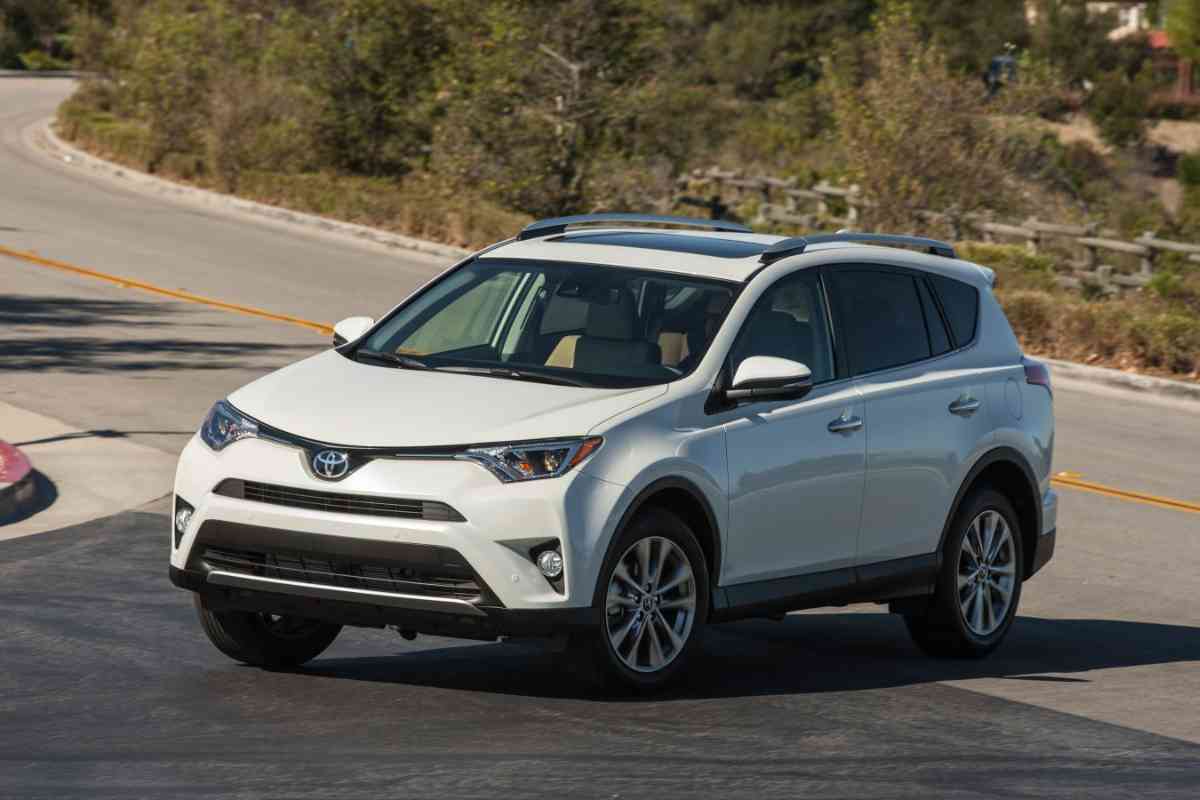Toyota RAV4 Hybrid Years to Avoid and Why
The Toyota RAV4 Hybrid, a celebrated compact SUV since 2016, is known for its fuel efficiency, reliability, and versatility. However, it’s crucial to know that not all model years are equally reliable. Let’s dive into the Toyota RAV4 Hybrid years you might want to steer clear of.

Related Post! The Best Years For The RAV4 Hybrid!
what are the rav4 hybrid years to avoid?
When considering a Toyota RAV4 Hybrid, it’s wise to avoid certain model years due to reported issues. Specifically, steer clear of the 2016 model due to transmission problems and battery drain, and the 2019 model because of transmission slippage and unwanted acceleration. These years are known for their reliability challenges.
While the RAV4 Hybrid generally receives accolades for its dependability, certain model years have had their share of issues. Identifying these can be a lifesaver, sparing you future hassles and expenses. So, which years should you be cautious about?
Model Years to Avoid
Despite its strong reputation, the RAV4 Hybrid has had a few bumps along the way. Notably, the 2016 and 2019 models have raised concerns. The 2016 version faced transmission problems, while the 2019 model grappled with battery drain issues. Additionally, the 2019 RAV4 encountered transmission hesitation and lurching, potentially affecting your driving experience. Other concerns included air conditioning problems and visibility issues.
Looking further back, the 2006-2008 models had excessive oil consumption issues, and the 2009-2012 models saw steering shaft problems. The 2013 model wasn’t immune either, with some users reporting infotainment and driver assist feature issues.

Safety and Recalls
On a brighter note, the RAV4 Hybrid boasts high safety ratings from the NHTSA and IIHS, equipped with essential safety features like side airbags and brake assist. However, it’s worth noting that there have been recalls, including a 2020 recall for the fifth-generation models due to a faulty fuel tank and a 2019 recall for the fourth-generation models related to the hybrid system.
Fuel Efficiency and Driving Experience
One of the RAV4 Hybrid’s highlights is its fuel efficiency, boasting an EPA-estimated 40 mpg in the city and 36 mpg on the highway. It offers a smooth ride with commendable handling and stability control, available in both FWD and AWD models.
Cargo Space and Comfort
The RAV4 Hybrid doesn’t just save on fuel; it also offers generous cargo space and comfortable seating for five, making it an ideal choice for those valuing both efficiency and space.
Related Post! Best RAV4 Hybrid Trims
Toyota RAV4 Hybrid Generations

If you’re considering a Toyota RAV4 Hybrid, it’s crucial to know which models are gems and which are best left on the lot. While celebrated for its efficiency and reliability, some RAV4 Hybrid years have had their share of issues. Let’s break down each generation to help you make an informed decision.
First-Generation Toyota RAV4 Hybrid
Launched in 2016, the first-generation RAV4 Hybrid coincided with the facelift of the fourth-generation RAV4. Despite its overall reliability, this model year wasn’t without its faults. Notable concerns included transmission issues and battery drain. To avoid these potential headaches, it’s wise to steer clear of the 2016 model.
Second-Generation Toyota RAV4 Hybrid
2019 marked the arrival of the second-generation RAV4 Hybrid, introducing a new plug-in hybrid variant. While this model year was generally well-received, it wasn’t immune to problems. Reports of transmission slippage and unwanted acceleration surfaced, suggesting that the 2019 model year might be one to bypass for a smoother driving experience.
Related Post! RAV4 vs. RAV4 Hybrid: Which Is Better?
Third-Generation Toyota RAV4 Hybrid
The third-generation, debuting in 2021, has been praised as a robust and accurate vehicle. Fortunately, this model year hasn’t seen any significant issues, making it a solid choice for potential buyers.

Fourth-Generation Toyota RAV4 Hybrid
Introduced in 2018, the fourth-generation RAV4 Hybrid is mostly reliable. However, it’s not without its flaws. Some drivers reported engine problems and steering shaft issues. For those reasons, you might want to think twice about the 2018 model year.
Fifth-Generation Toyota RAV4 Hybrid
The fifth-generation, starting in 2020, stands out as a popular and dependable option. With no major issues reported, this model year is a safe bet for those seeking a reliable hybrid SUV.
The Toyota RAV4 Hybrid is a commendable choice in the SUV market, known for its efficiency and dependability. However, when shopping for a used RAV4 Hybrid, it’s important to be aware of the less favorable model years. By avoiding the 2016 and 2019 models, you’re more likely to enjoy a seamless and enjoyable driving experience. Remember, a little research goes a long way in ensuring you drive away happy!
Frequently Asked Questions
What are the most common problems with Toyota RAV4?
According to CoPilot Search, the most common problems with the Toyota RAV4 Hybrid include transmission issues, fuel system problems, and issues with the engine. Some drivers have also reported problems with the electrical system, suspension, and brakes.
What is the best year for the Toyota RAV4 Hybrid?
The best year for the Toyota RAV4 Hybrid depends on what you’re looking for. According to Four Wheel Trends, the 2016-2018 models are considered the most reliable. However, if you’re looking for the latest features, the 2022 model may be the best choice.
What year should I avoid in buying a Toyota RAV4?
You should avoid the 2016 and 2019 models of the Toyota RAV4 Hybrid, according to CoPilot Search. These years have had the most reported issues, including problems with the transmission, fuel system, and engine.
What is the most reliable year of the RAV4?
The most reliable years of the RAV4 are between 2016-2018, according to Four Wheel Trends. These years are known for their durability, reliability, and longevity.
How many miles will a hybrid RAV4 last?
A hybrid RAV4 can last up to 250,000 miles, according to Four Wheel Trends. However, the lifespan of a RAV4 depends on various factors, including maintenance, driving habits, and road conditions.
What are the best and worst years for the Toyota RAV4?
The best years for the Toyota RAV4 are between 2016-2018, while the worst years are 2016 and 2019, according to CoPilot Search. However, it’s important to note that every model year has its own unique set of pros and cons, and what works best for one driver may not work for another.
